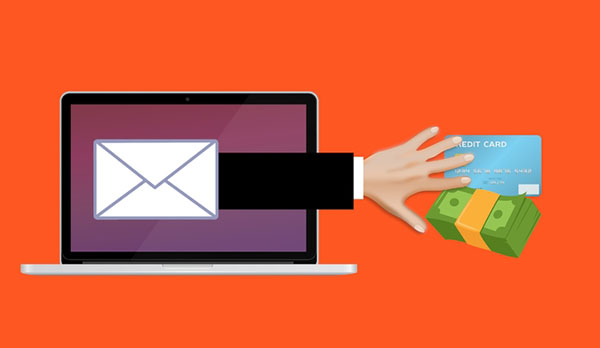
While scammers have been filing false claims for as long as unemployment benefits have been offered, unemployment fraud has increased dramatically throughout the United States since the COVID-19 pandemic began. After the pandemic forced numerous businesses to lay off workers, the huge uptick in claims made such fraud harder to detect, as did looser verification requirements put in place by Congress to provide relief to contract workers and others.
“North Shore Bank has not been immune to this issue,” warns senior vice president Molly Schissler, who leads our HR and compliance departments. “We have received fraudulent claims from the state unemployment office, for former employees and current employees. But it’s not that our employees are filing fraudulent claims — it’s that their identities may have been stolen, so that someone can try to get unemployment benefits off of their Social Security numbers.”
Last March, Wisconsin’s Department of Workforce Development reported “a significant increase in fraudulent activity” related to unemployment insurance benefits. In an email phishing scam, an entity falsely claiming to be the DWD requested personal information. Other scams involved fake social media accounts and impersonators calling the DWD help desk trying to break into unemployment insurance accounts.
How to fight unemployment fraud
Be on the lookout! If you receive a tax form 1099-G regarding unemployment benefits you did not collect, or if you are contacted about unemployment benefits you didn’t apply for, you should report possible fraud to the DWD immediately, using an online form. You also shouldn’t include the fraudulent income on your tax return, per this Forbes article. You will likely also want to order and check your free credit reports from all three major credit bureaus and freeze your credit if you find anything. (It’s free to do so.) Lastly, you should file a report with the Federal Trade Commission at identitytheft.gov.
And of course, be aware that just like North Shore Bank, the DWD and other government agencies will not contact anyone and ask for personal information. You can find more information on unemployment fraud, identity theft, and other scams here.
